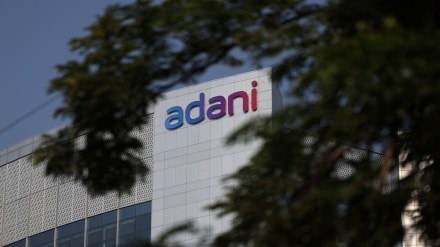The Ministry of Environment may propose exempting standalone cement units without captive power plants from standard regulatory and compliance obligations, according to an Indian Express report. The move is expected to enable the Adani Group to get approval for its proposed Rs 1,400 crore cement plant in Kalyan, Mumbai
A draft notification issued by the Union Ministry of Environment on September 26 proposed exempting “a standalone cement grinding unit without a captive power plant”.
If the draft is approved, it will likely make it easier for the Adani Group to proceed with its proposed Rs 1,400 crore 6 million metric tonne per annum cement grinding plant in Kalyan, an urban area which comes under the Mumbai Metropolitan Region.
Adani Group’s Kalyan Plant: Key concerns
The Kalyan cement plant is operated by Ambuja Cement, a subsidiary of the Adani Group. It has been facing resistance from locals in the 10 other villages near Kalyan for health and air quality concerns as the plant is surrounded by residential areas.
Following a public hearing on the plant by the Maharashtra Pollution Control Board, many citizens firmly opposed the cement plant and questioned how the government could permit it in a densely populated city, the Indian Express reported.
The key concerns flagged regarding the cement plant include the dust and gas emissions and particulate matter, sulphur dioxide, nitrogen dioxide and carbon monoxide.
Environmental Ministry’s draft proposal
As per the Indian Express report, the latest draft notification by the Ministry of Environment eliminates the need for public consultation and detailed Environmental Impact Assessment (EIA) reports.
Their reasoning is that standalone cement grinding units have a lower pollution potential but are still subjected to a regulatory and monitoring regime similar to that of integrated cement plants, resulting in “disproportionate” compliance obligations.
The notification said the matter was examined by the concerned Expert Appraisal Committee (EAC), and it was “after due deliberation”.
